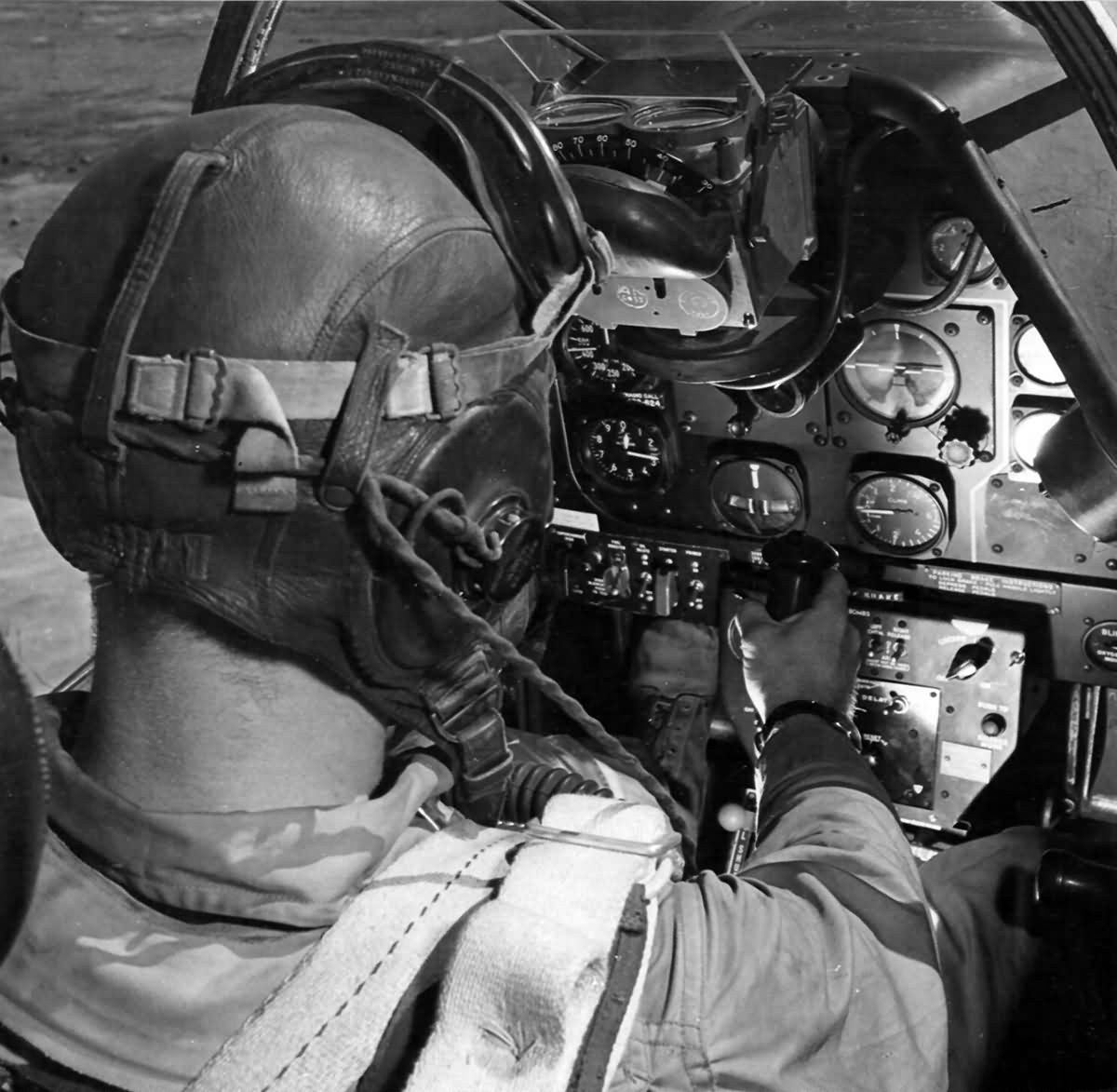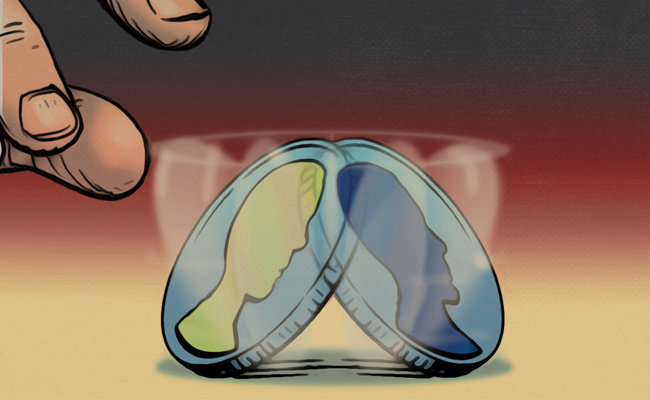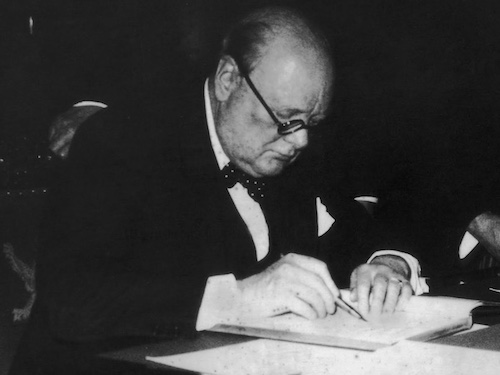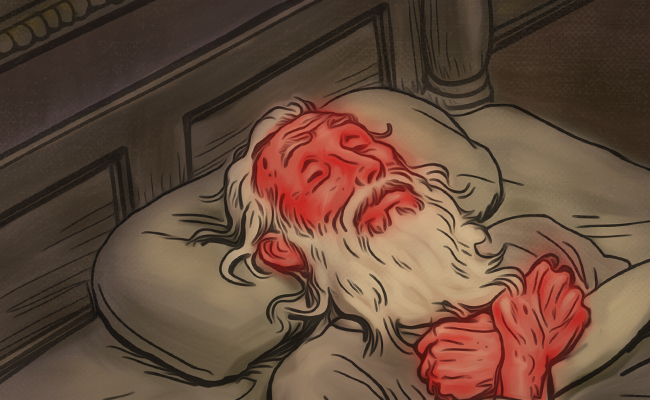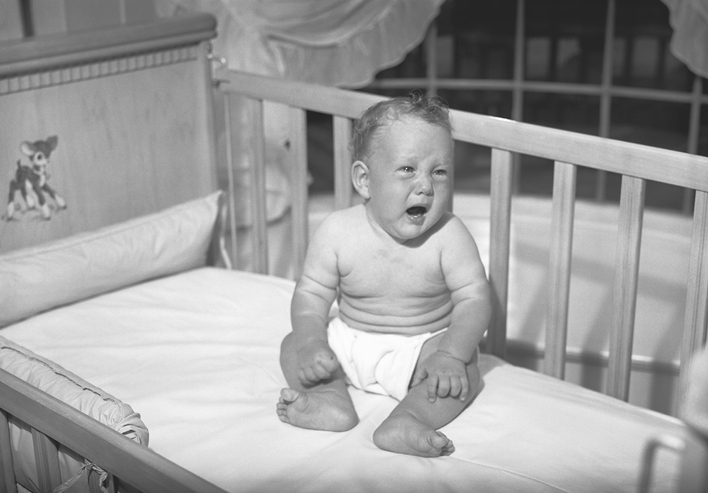
Amongst the Amazonian Sateré-Mawé tribe, boys are required to place their hand into a glove interlaced with bullet ants — which administer one of the most painful stings in the world — and leave it on for ten minutes without uttering a sound.
Such rites of passage were once nearly universal in ancient cultures, as the quality tested — self-control — was considered a prerequisite to becoming a man. Inner poise was sought not for its own sake, however, but for the way it empowered more effective action. Self-control was developed not to avoid conflict, but to keep one’s head in the midst of it; not to deflect confrontation, but to choose the most advantageous circumstances in which to fight.
As societies became more atomized, anonymized, and bureaucratic, economic and governmental institutions arose which demanded a more docile citizenry, and individuals lost their sense of personal power, the connection between self-control and action enervated, and the quality began to be developed as an end in itself; not as a facilitator of outward action, but as a coping mechanism for staying inwardly sane in a frustrating, chaotic, unethical culture. For being put upon, with a smile.
Today, self-control has become the quality of character, but has lost its proactive premise.
Rather than addressing the societal and personal ills that are causing our stresses, we learn how to breathe and meditate so we can better bear up under them.
We’re taught to accept that which we cannot control, and concentrate on what we can, without noticing that the former category keeps growing and the latter keeps shrinking.
Acceptance may be a healthy act, but it is not a constructive one. What comes after?
If self-control isn’t a way to focus the beam of one’s action into an incendiary light . . .
it is only acquiescence to being a more manipulatable tool.


